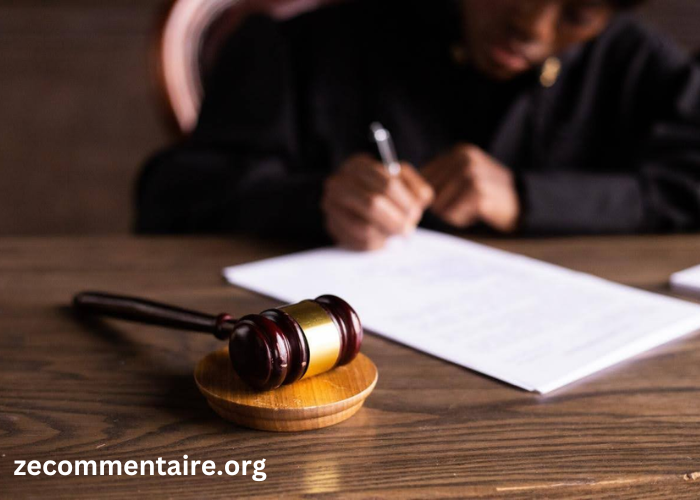Navigating the legal system can be daunting. This is especially true when it comes to understanding the intricacies of a bail hearing.
So as a concerned citizen, it’s essential to grasp what happens during this crucial stage of the judicial process. You need to be aware of the rights and responsibilities that come with being a defendant.
So here’s a comprehensive breakdown to help you understand what is a bail hearing:
What Is a Bail Hearing?
A bail hearing determines whether the accused can be released from custody while awaiting trial. It’s a critical moment where the judge assesses several factors to decide if the person should be granted bail. This decision balances the rights of the accused with public safety considerations, ensuring that justice is served fairly.
This can result in different outcomes. The judge might grant bail with specific conditions. This includes surrendering a passport, wearing an electronic monitoring device, or adhering to a curfew.
In some cases, the judge may set a cash bail amount that the accused must pay to secure release. If the judge deems it necessary, they may deny bail altogether, resulting in the accused remaining in custody until trial.
The Bail Hearing Process
When an individual is arrested, they are taken into police custody. This marks the beginning of the legal process.
Within a short period, usually 48 hours, the arrested person must be brought before a judge or magistrate for a bail hearing. This timeframe ensures that the individual’s right to a prompt judicial review is respected. It prevents undue prolonged detention without oversight.
Then, during the bail hearing, the prosecutor presents evidence to support the charges against the accused. The defense lawyer also has an opportunity to present arguments and evidence in favor of the accused’s release on bail. This is where thorough preparation and effective advocacy from both sides are crucial.
The court proceedings are recorded. Both parties also have the right to cross-examine witnesses and challenge evidence. The judge must carefully consider all the presented information before making a decision.
Factors Considered by the Judge
Several factors influence the judge’s decision at a bail hearing. These include the:
- nature and severity of the charges
- the accused’s criminal history
- ties to the community
- employment status
- likelihood of appearing at future court dates
Judges may also consider any potential threat the accused poses to public safety. Each case is unique. And the judge weighs these factors carefully to reach a fair and just decision.
Posting Bail
If the judge sets a bail amount, the next step involves posting bail. This can be done through cash payment, property collateral, or a bail bond from a licensed bail bondsman. Then, the accused just needs to appear in court as they could be faced with the consequences of failure to appear.
Failure to appear bond means that if the accused fails to show up for their court dates, they forfeit the bail amount. It can also lead to an arrest warrant being issued against them.
A Bail Hearing Is A System of Checks and Balances
What is a bail hearing? It is but an essential step in the legal process. It serves as a system of checks and balances, ensuring that individuals are not unjustly detained before being proven guilty.
As a concerned citizen, it’s crucial to understand what happens at a bail hearing. It allows you to hold the justice system accountable and advocate for fair treatment of all individuals, regardless of their circumstances.
Did you find this article helpful? If so, check out the rest of our site for more.






